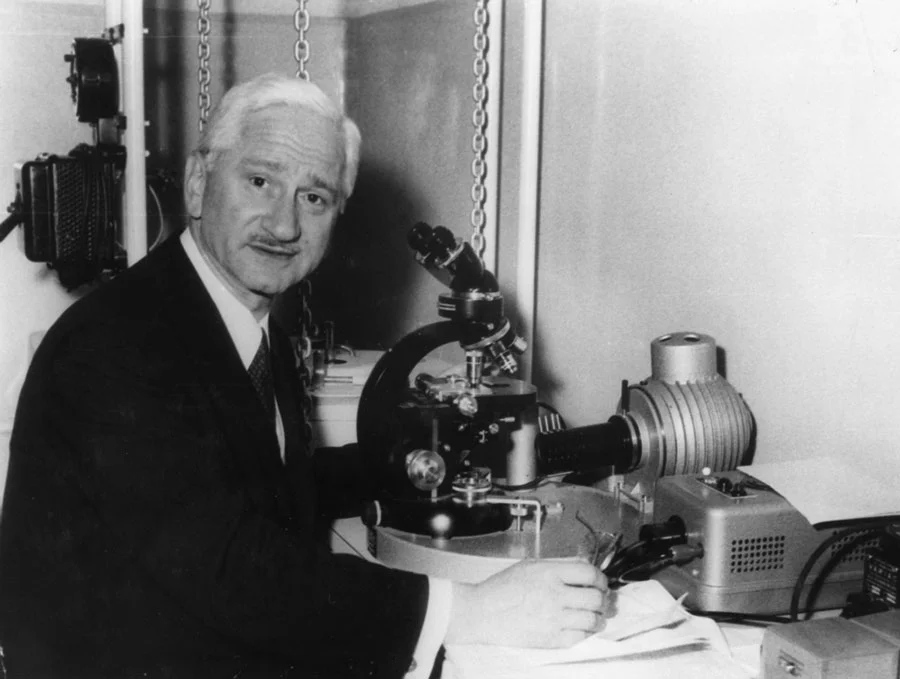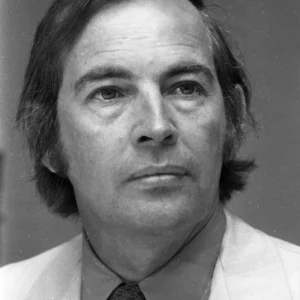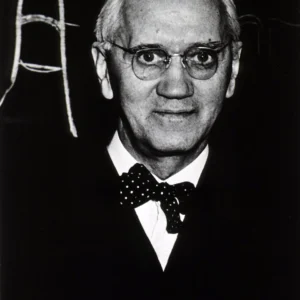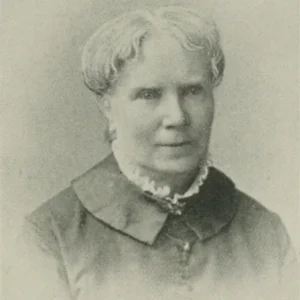Albert Sabin, born on August 26, 1906, in Białystok, Poland, is renowned for developing the oral polio vaccine that has significantly contributed to the eradication of polio. His pioneering work in virology and his dedication to improving global health have left a lasting impact on the medical community and beyond.
Early Life and Educational Background
Birth and Family Background
Albert Bruce Sabin was born to a Jewish family in Białystok, which was then part of the Russian Empire. To escape the pogroms, his family immigrated to the United States in 1921, settling in Paterson, New Jersey. Despite facing numerous challenges, Sabin pursued his passion for science and medicine.
Education and Early Influences
Sabin attended New York University, where he earned his medical degree in 1931. His interest in infectious diseases led him to join the Rockefeller Institute for Medical Research. During his time there, he focused on poliomyelitis, a debilitating disease caused by the poliovirus. His early research laid the groundwork for his future breakthroughs.
Rise to Prominence
Early Research and Discoveries
Sabin’s early work included research on encephalitis and dengue fever, but his primary focus remained on polio. He discovered that the poliovirus could infect not only the nervous system but also the digestive tract. This critical insight shifted the approach to developing a polio vaccine.
Development of the Oral Polio Vaccine
In the 1950s, Jonas Salk developed the first effective polio vaccine, which was administered via injection. However, Sabin believed an oral vaccine would be more effective in providing long-lasting immunity and easier to distribute on a global scale. After years of research and testing, Sabin developed the oral polio vaccine (OPV) using weakened strains of the virus. The OPV was first tested in extensive field trials and was found to be highly effective.
Contributions to Global Health
Widespread Adoption and Impact
The World Health Organization (WHO) and other health organizations quickly adopted Sabin’s oral polio vaccine due to its ease of administration and ability to provide herd immunity. Mass immunization campaigns using the OPV led to a dramatic decline in polio cases worldwide. By the late 20th century, polio was eradicated in most parts of the world, thanks to Sabin’s vaccine.
Other Medical Contributions
Beyond polio, Sabin’s research contributed to understanding and combating other infectious diseases. He studied viral diseases such as encephalitis, dengue, and cancer. His work has had a broad and lasting impact on virology and public health.
Personal Struggles and Triumphs
Overcoming Challenges
Sabin faced numerous challenges throughout his career, including skepticism from the medical community and competition with other researchers. Despite these obstacles, his perseverance and commitment to science led to groundbreaking discoveries that have saved countless lives.
Legacy and Recognition
Sabin’s contributions to medicine and public health have been widely recognized. He received numerous awards and honors, including the Presidential Medal of Freedom and the National Medal of Science. His legacy continues through the Albert B. Sabin Vaccine Institute, which promotes vaccine research and development.
Conclusion
Albert Sabin’s life and work exemplify the transformative power of scientific discovery and dedication to improving public health. His development of the oral polio vaccine has had a profound and lasting impact on global health, bringing us closer to eradicating one of the most debilitating diseases in history. From his early struggles to his monumental achievements, Sabin’s journey is a testament to the potential of scientific innovation to change the world.
Through his research and advocacy, Sabin has left an indelible mark on the field of medicine. His contributions continue to inspire scientists and healthcare professionals, ensuring that his legacy of saving lives and promoting global health endures for generations to come.



